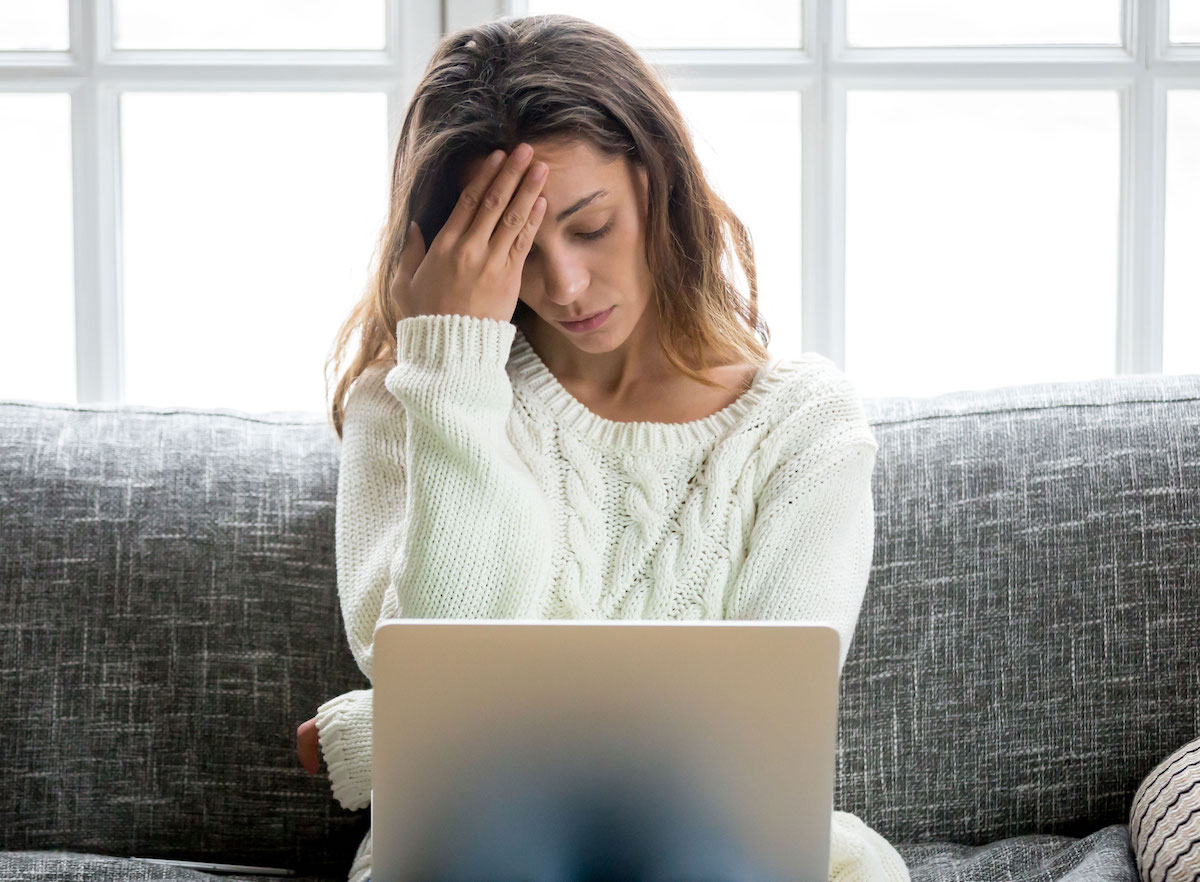
We all experience stress and anxiety from time to time. Stress is any demand placed on your brain or physical body. People can report feeling stressed when multiple competing demands are placed on them. The feeling of being stressed can be triggered by an event that makes you feel frustrated or nervous. Anxiety is a feeling of fear, worry, or unease. It can be a reaction to stress, or it can occur in people who are unable to identify significant stressors in their life.
Stress and anxiety are not always bad. In the short term, they can help you overcome a challenge or dangerous situation. Examples of everyday stress and anxiety include worrying about finding a job, feeling nervous before a big test, or being embarrassed in certain social situations. If we did not experience some anxiety we might not be motivated to do things that we need to do.
However, if stress and anxiety begin interfering with your daily life, it may indicate a more serious issue. If you are avoiding situations due to irrational fears, constantly worrying, or experiencing severe anxiety about a traumatic event weeks after it happened, it may be time to seek help. Also, there are strategies you can use to make stress and anxiety more manageable – check them out!
BODY
- Limit alcohol and caffeine: They can aggravate anxiety and trigger panic attacks. Instead, drink water.
- Eat well-balanced meals: Do not skip your meals and always keep healthy, energy-boosting snacks on hand.
- Get enough sleep: When stressed, your body needs additional sleep and rest. It’s crucial to get 8 hours of sleep per night!
- Exercise daily: Exercising can help you feel good and maintain your health.
MIND
- Accept that you can’t control everything: Put your stress in perspective, because is not so bad as you think it is.
- Do your best: Instead of aiming for perfection, which isn’t possible, be proud of however close you get.
- Maintain a positive attitude: Make an effort to replace negative thoughts with positive ones.
- Learn what triggers your anxiety: Is it work, family, school, or something else you can identify? Write in a journal when you’re feeling stressed or anxious, and look for a pattern.

























